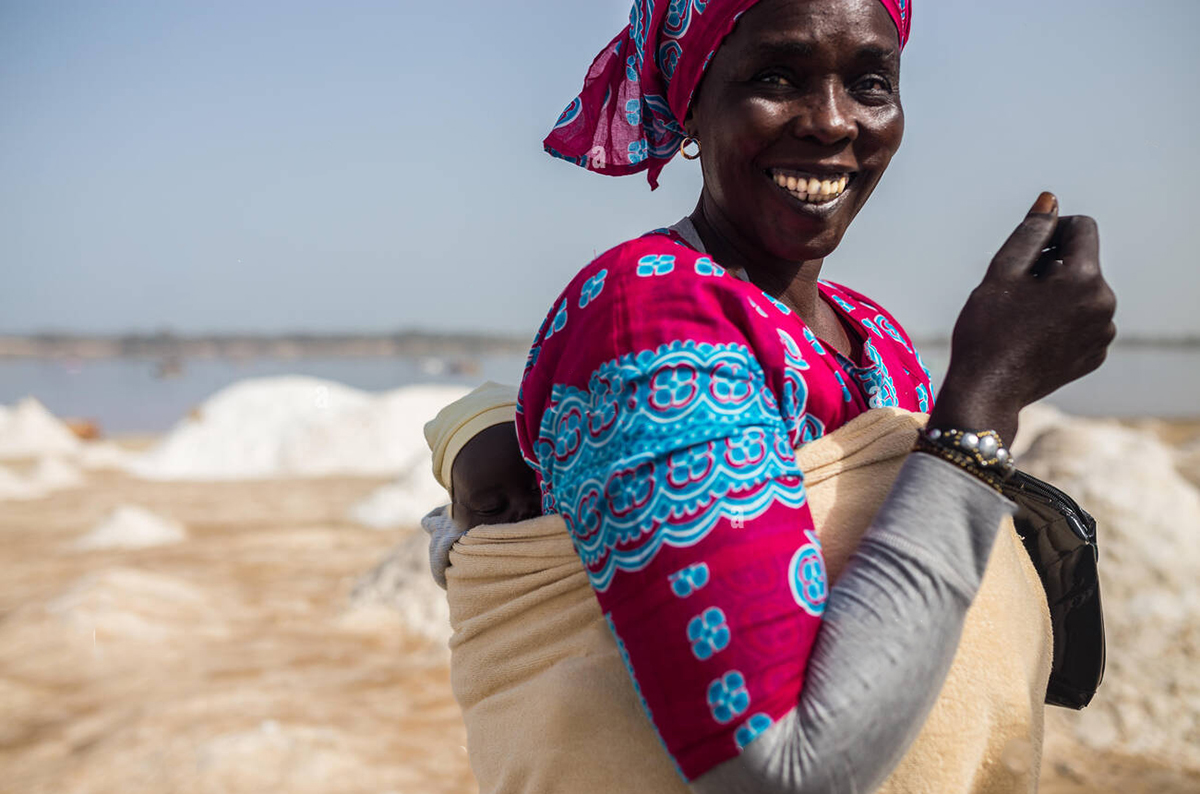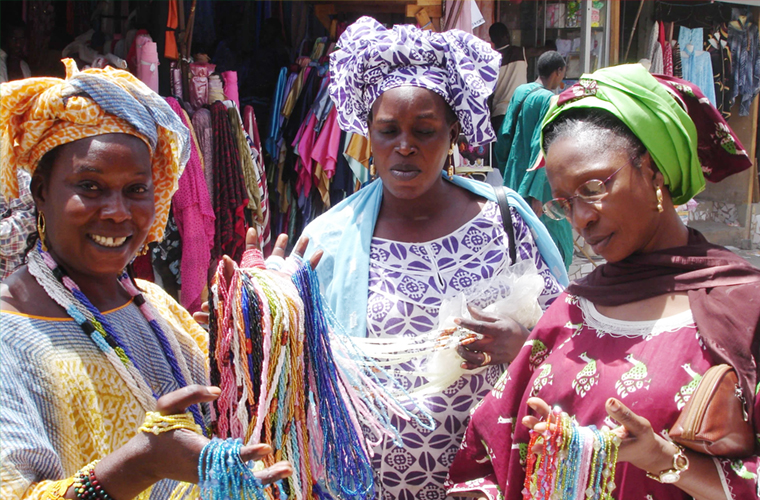The Wolof are an ethnic group primarily found in Senegal, with significant populations also in Gambia and Mauritania. They are the largest ethnic group in Senegal, making up around 40% of the country’s population. The Wolof language and culture have had a significant influence in the region, particularly in Senegal.
The Wolof people have a rich history that dates back several centuries. They were part of the Wolof Empire, which was a powerful kingdom that existed from the 14th to the 19th century in the Senegal-Gambia region. The empire was known for its centralized political structure, trade networks, and cultural achievements.
The Wolof language, known as Wolof, is widely spoken in Senegal and Gambia and is one of the major languages in the region. It belongs to the Niger-Congo language family and has several dialects. The Wolof language has had a strong influence on other languages in the region, and many people in Senegal are bilingual, speaking both Wolof and French, the official language of the country.

Wolof culture is vibrant and diverse, encompassing various aspects of daily life, including music, dance, clothing, and cuisine. Traditional Wolof music, known as mbalax, is popular not only among the Wolof but also throughout Senegal and beyond. Prominent Senegalese musicians like Youssou N’Dour have helped popularize mbalax on the international stage.
The Wolof are known for their distinctive clothing styles, with colorful and intricately patterned fabrics being a common feature. Traditional clothing for men includes a boubou, a loose-fitting gown, while women often wear a wrapper and a matching headscarf. In terms of religion, the Wolof people have a diverse religious landscape. Islam is the predominant religion among the Wolof, with a majority practicing Sunni Islam. However, there are also Wolof people who adhere to traditional African religions or have syncretic beliefs that combine Islamic practices with indigenous beliefs and rituals.
The Wolof people have made significant contributions to Senegalese society and culture. They have played important roles in politics, business, and education. Dakar, the capital of Senegal, which is predominantly inhabited by the Wolof, is a major economic and cultural hub in West Africa. The Wolof have a strong sense of identity and pride in their cultural heritage. Traditional customs and ceremonies, such as weddings, naming ceremonies, and religious festivals, are still observed, allowing for the transmission of Wolof traditions from one generation to the next.
Overall, the Wolof people have had a profound influence on the cultural, linguistic, and social fabric of Senegal and the wider region. Their language, customs, and traditions continue to thrive, shaping the identity of not only the Wolof but also the diverse population of Senegal.

